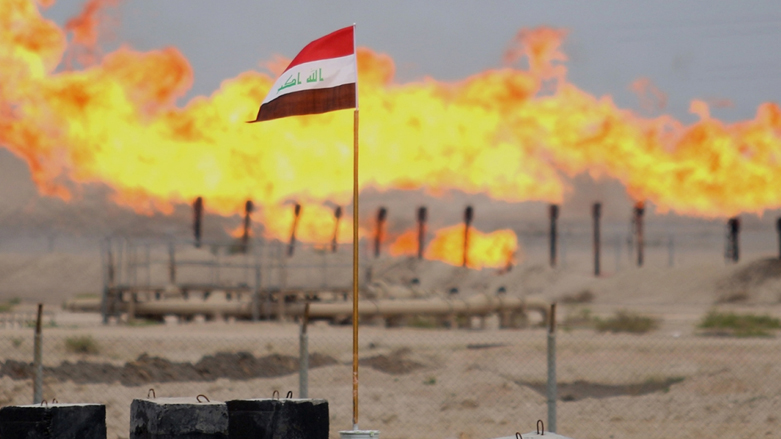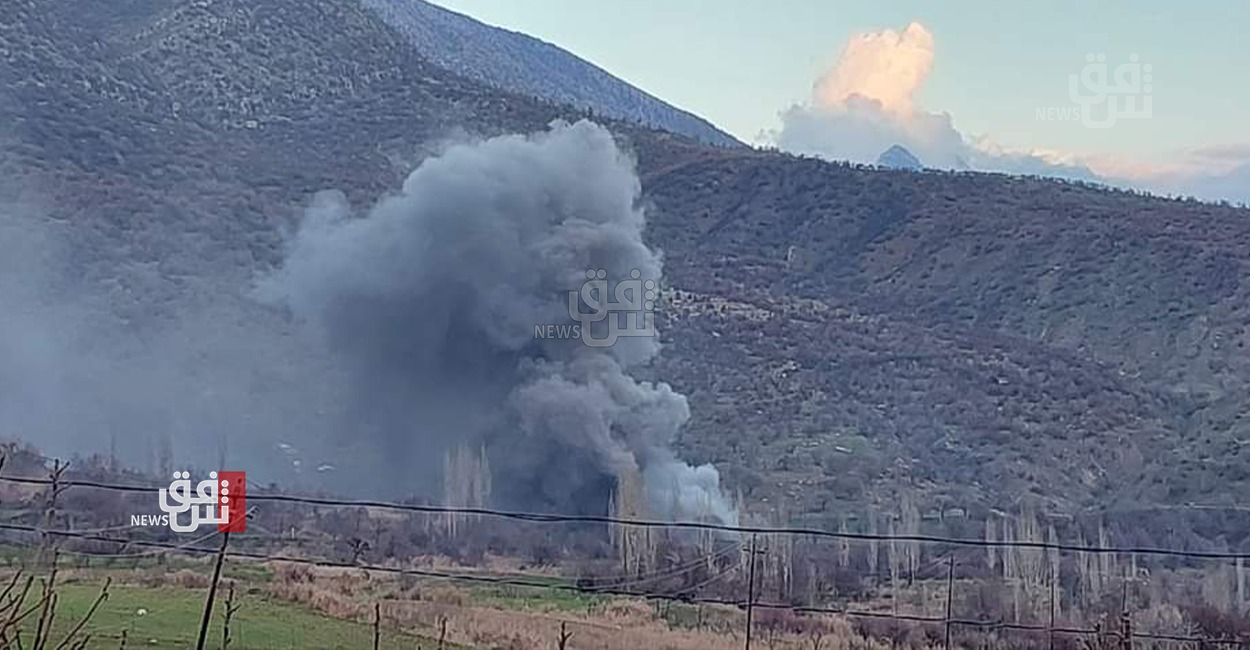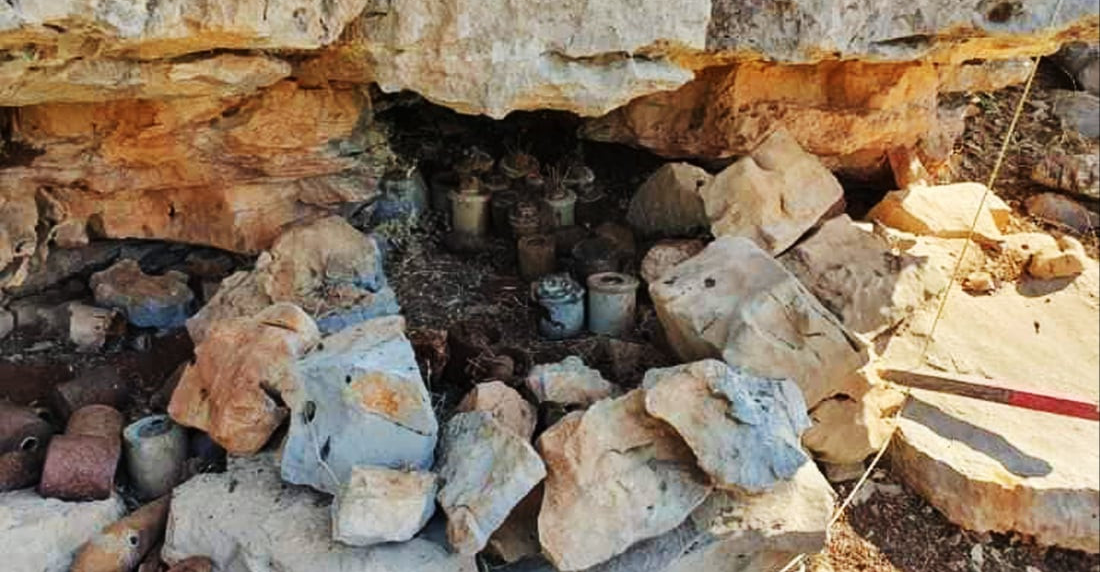The changing landscape of Iraq's energy sector: Balancing East and West

Shafaq News/Iraq, with the world's fifth-largest oil reserves, is a cornerstone of theglobal energy market. While its oil sector accounts for over 90% of governmentrevenue, challenges like outdated infrastructure and political instabilitypersist.
Tomodernize, Iraq is pursuing Western investments to boost efficiency and achievegas self-sufficiency. Simultaneously, China’s growing presence in its energysector, fueled by the retreat of Western firms, highlights a shifting dynamic.Iraq now navigates a delicate balance between fostering modernization andmanaging competing geopolitical influences.
Iraq SeeksWestern Investment
Efforts toattract foreign investment and develop new oil fields have been ongoing, withmajor international oil companies such as ExxonMobil, BP, Shell, and Lukoilplaying key roles in Iraq's oil production. These companies have heavilyinvested in Iraq's oil infrastructure, significantly increasing productioncapacity and driving economic growth, according to an EIA report.
Former OilMinister Ihsan Abdul-Jabbar emphasized the transformative role of Westerncompanies, stating to Shafaq News Agency that “true investment that deliversreal value to the country, develops society, enhances human capital, andelevates work ethics is what Western companies bring.”
Heacknowledged that “while companies from other nationalities perform well, theyfall short of meeting these broader requirements. The ministry strives toattract firms capable of fostering a positive social environment, executingprojects at the lowest costs, and ensuring the highest returns.”
Iraq ispursuing new investments, particularly from American and European companies, inthe associated gas sector to curb gas flaring and boost production. Deputy OilMinister for Distribution Affairs, Hamid Younis, highlighted Iraq’s commitmentto fostering foreign investment, stating that “the Ministry of Oil is activelyencouraging international companies to work in Iraq. The current government isimplementing plans to collaborate with global firms as part of its efforts todevelop the gas sector and achieve progress.”
Iraq aims toachieve self-sufficiency in gas production within five years, actively courtinginvestments while receiving support from the United States to encourageAmerican companies to enter the energy sector. High-level Iraqi delegationshave visited the US twice this year, engaging with American officials andprivate sector representatives, resulting in several agreements to strengthenenergy cooperation.
Younis alsonoted that “US and European companies have been granted permission to work withthe Iraqi government, and the US government is devising plans to collaboratewith local Iraqi firms.”
According toobservers, the US has a dual interest in Iraq, aiming to curb China’s growinginfluence in the Iraqi energy sector while reducing Iraq’s reliance onelectricity and gas imports from Iran.
ChinaExpands Influence in Iraq's Oil Sector
China isopenly pursuing control of Iraq’s oil fields, capitalizing on Westerncompanies' withdrawal from certain sites. As major Western companies pull outfrom Iraq’s energy sector, the country has turned eastward to advance its goalsof boosting crude oil and gas production while reducing gas flaring.
For example,Chinese firm PetroChina assumed operations at the West Qurna 1 field followingExxonMobil’s exit in 2023, when the American company sold its 22.7% stake toIraq’s Basra Oil Company.
China’ssuccess in Iraq’s energy sector is well-established, with the country beingIraq’s largest oil buyer. In the first nine months of 2024, China imported33.42% of Iraq’s crude exports. While Chinese companies match the efficiency ofEuropean firms, they exhibit less concern for high profitability or low-riskventures—factors often prioritized by Western companies.
Energyexpert Hamza Al-Jawahiri told Shafaq News Agency that Chinese companies have“an exceptionally high level of competitiveness compared to global firms.”
Notably,Iraq’s licensing rounds are open to all, and when Chinese firms win contracts,they have every right to operate transparently and competently in the awardedfields.
Al-Jawahirialso noted that “Iraqi laws prevent any single company—whether Chinese orotherwise—from monopolizing oil or gas fields, as local workers mustparticipate, and firms are required to exit developed fields upon thecompletion of their contracts.”
He addedthat Chinese companies often win licensing rounds because they are “lessprofit-driven than their American and European counterparts, content withsmaller margins.” This shift has further strengthened China’s foothold, as seenin the latest licensing rounds in May 2024, Chinese companies secured ten outof 13 oil and gas projects. This included both major Chinese firms and smallerones, signaling a deeper integration of Chinese players into Iraq’s energylandscape.
Economicexpert Hilal Al-Taan explained that “Chinese companies, equipped withspecialized advisory teams, have cultivated strong relationships with Iraqicommunities and employed significant local labor. They operate under morefavorable terms, with lower costs and comparable efficiency to global firms.”
Al-Taanfurther elaborated that “Western firms sold their stakes amid declining globaldemand projections and Iraq’s reduced production targets. Plans to reach a peakoutput of nine million barrels per day were scaled back due to market realitiesand export limitations. Additionally, Iraq’s compliance with OPEC+ productioncuts compelled Western companies to sell their shares to Chinese counterparts.”




